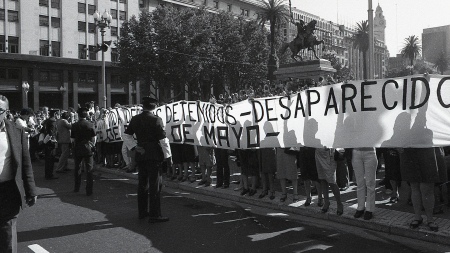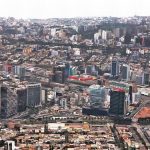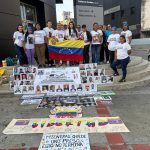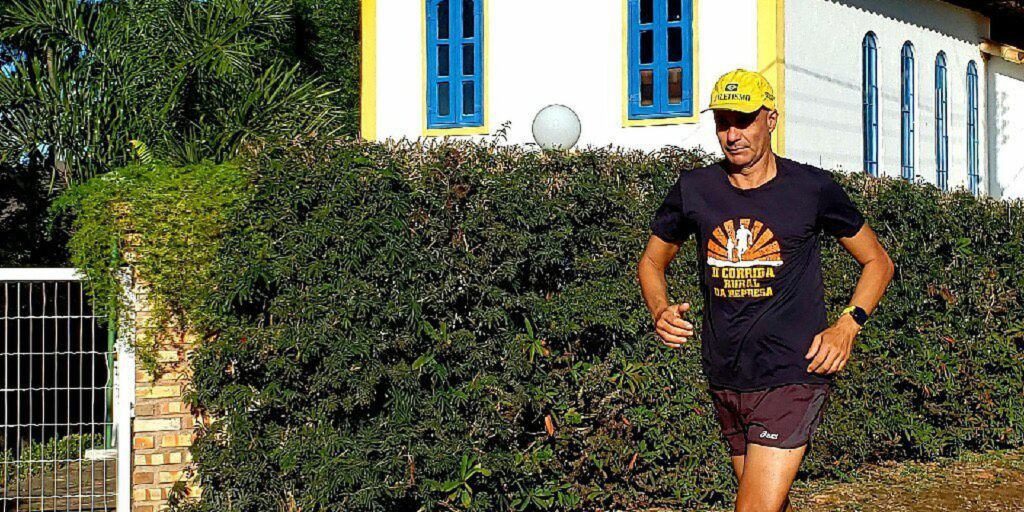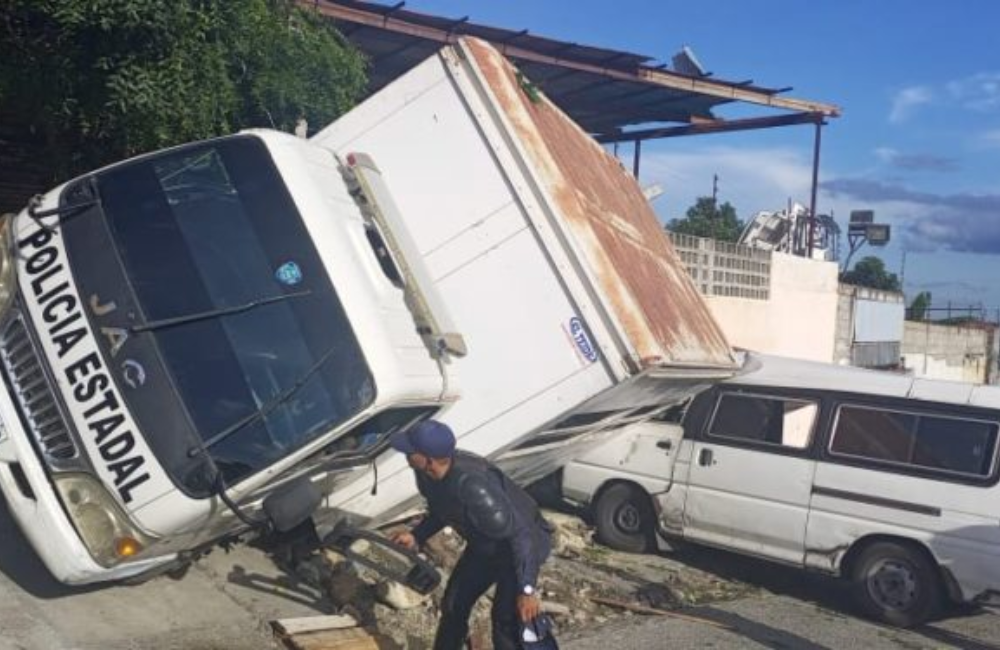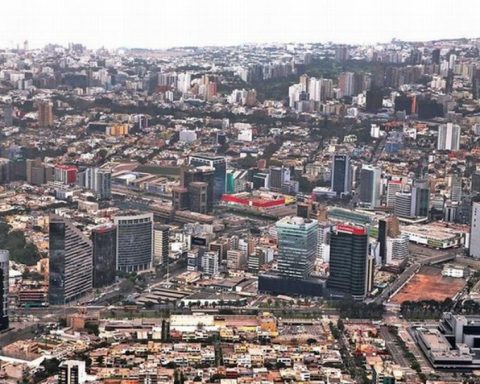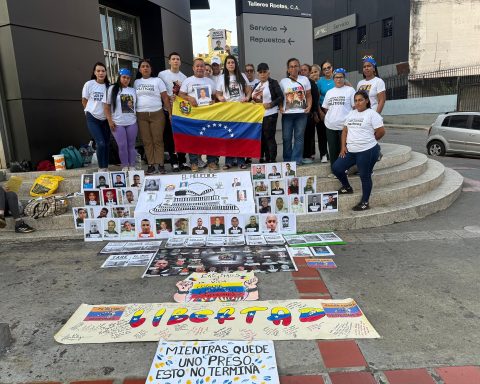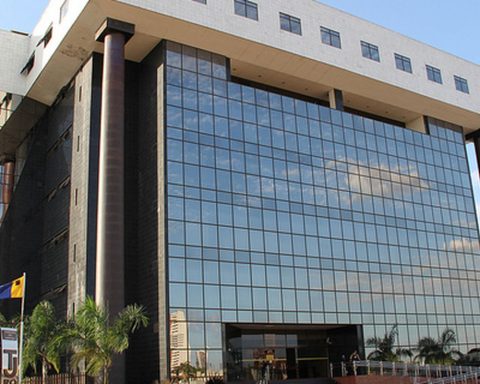Today our Grandmothers of Plaza de Mayo turn 45 and our democracy is about to turn 40. Without a doubt, the struggle is the unavoidable value that permeates the longest democratic period in our country. Now, can these four decades of the history of our Grandmothers be dissociated? Their struggle, like that of the Mothers of the Plaza de Mayo, was presented as a rupture of what until now had been known as leading actors in the resistance and protests against the darkest periods of our history. A phrase that they often repeat is that their children “gave them birth” and this reflection shows that in our history the transmission between generations occurred for the first time in reverse.
They, examples of dignity for Argentina and the world, that when a murderous dictatorship took away what they loved the most, knew how to draw from that immeasurable pain the necessary strength to face terror and undertake a search that they would never abandon. Not even in the most difficult moments, when they resisted in solitude against uncertainty and impunity, did they give in to despair and the desire for revenge. a long way without giving up their convictions, accompanied by the love of a people who embraced them and consecrated them as a symbol of our democracy.
The search also required strategies and collaboration to denounce before them the identification of those possible boys and girls who lived in families that hid their origin. They were not alone, they were accompanied by great personalities such as Víctor Penchaszadeh, an exiled geneticist doctor who received the request from the Grandmothers to see how they could identify their grandchildren through genetics and who created the first grandparent index.
From its origins, the Grandmothers of Plaza de Mayo also conceived their struggle in terms of rights. When they showed and proved to the world the perversity of the crime of appropriation, this echoed in the incorporation of articles 7, 8, and 11 in the International Convention on the Rights of the Child, approved by the United Nations in 1989. In addition, Their contribution to raising awareness of the right to identity made it possible for the Argentine State to create the National Commission for the Right to Identity (CoNaDI) in 1992 to promote the search for those children who disappeared and were appropriated during the dictatorship. Today, in addition, through its National Program on the Right to Biological Identity, it has the mission of addressing the problem of the violation of the right to identity also for cases not related to crimes against humanity.
The period of more meetings of grandmothers with their grandsons and granddaughters also occurs at a time of historical review and comprehensive reparation to the victims. It was from 2003, with the arrival of Néstor Kirchner and Cristina. They built public policies taking human rights as fundamental pillars of this new period.
Today, thanks to our beloved Grandmothers, there are many of us who can walk through life knowing our true identity, but there are many more who walk without knowing their history and are unaware that their parents were killed or disappeared by that last dictatorship. We all have to commit ourselves to those appropriations that are still going on. The work of Abuelas not only repairs those of us who were able to learn about our history, but also society as a whole because as long as there is a person with their identity violated, it questions the identity of everyone.
This is a fight that is born from the love of a mother and grandmother and that today becomes a collective love towards them.
By Horacio Pietragalla Corti, Secretary of Human Rights of the Nation, recovered his identity in 2003.
